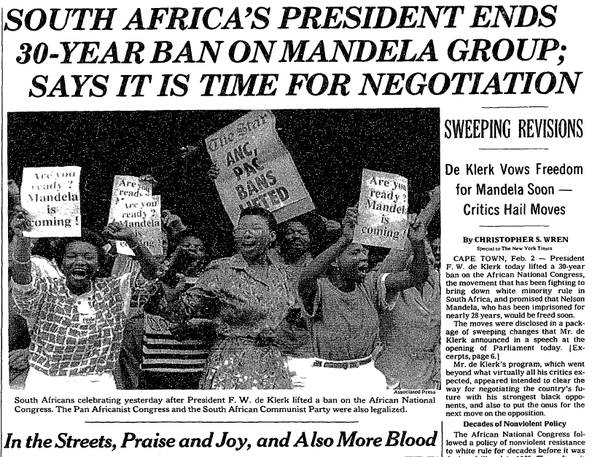
A newspaper article headlining the release of Nelsmon Mandela from prison, after serving 27 years. Courtesy of New York Times


While anti-Apartheid violence continued to undermine South Africa, Desmond Tutu's fight for peace paved the way for the deconstruction of the Apartheid.
In 1989, F.W. De Klerk became the president of South Africa. Although he supported Apartheid earlier in his life, the injustice of Apartheid brought to light by Desmond Tutu inspired him to work towards dismantling Apartheid.

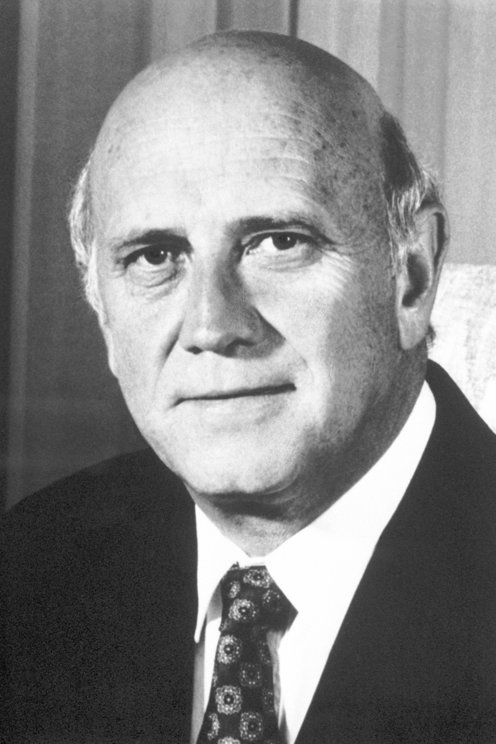
F.W. De Klerk. Courtesy of Nobel Prize
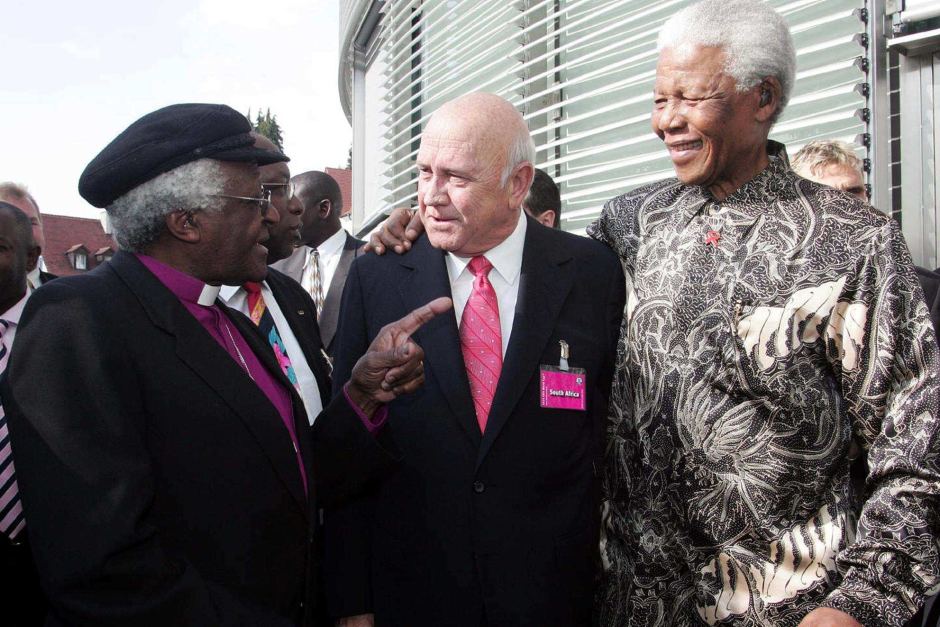
F.W. De Klerk, Nelson Mandela, and Desmond Tutu. Courtesy of ABC
By 1991, the work done by Desmond Tutu and his peaceful protests led to all Apartheid legislation being repealed, anti-Apartheid political organizations being legalized, and Nelson Mandela and other activists being freed from prison.

A newspaper article headlining the release of Nelsmon Mandela from prison, after serving 27 years. Courtesy of New York Times
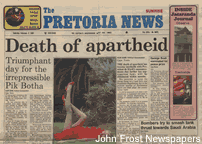
Newspaper Covering the End of Apartheid. Courtesy of John Frost Newspaper Archives
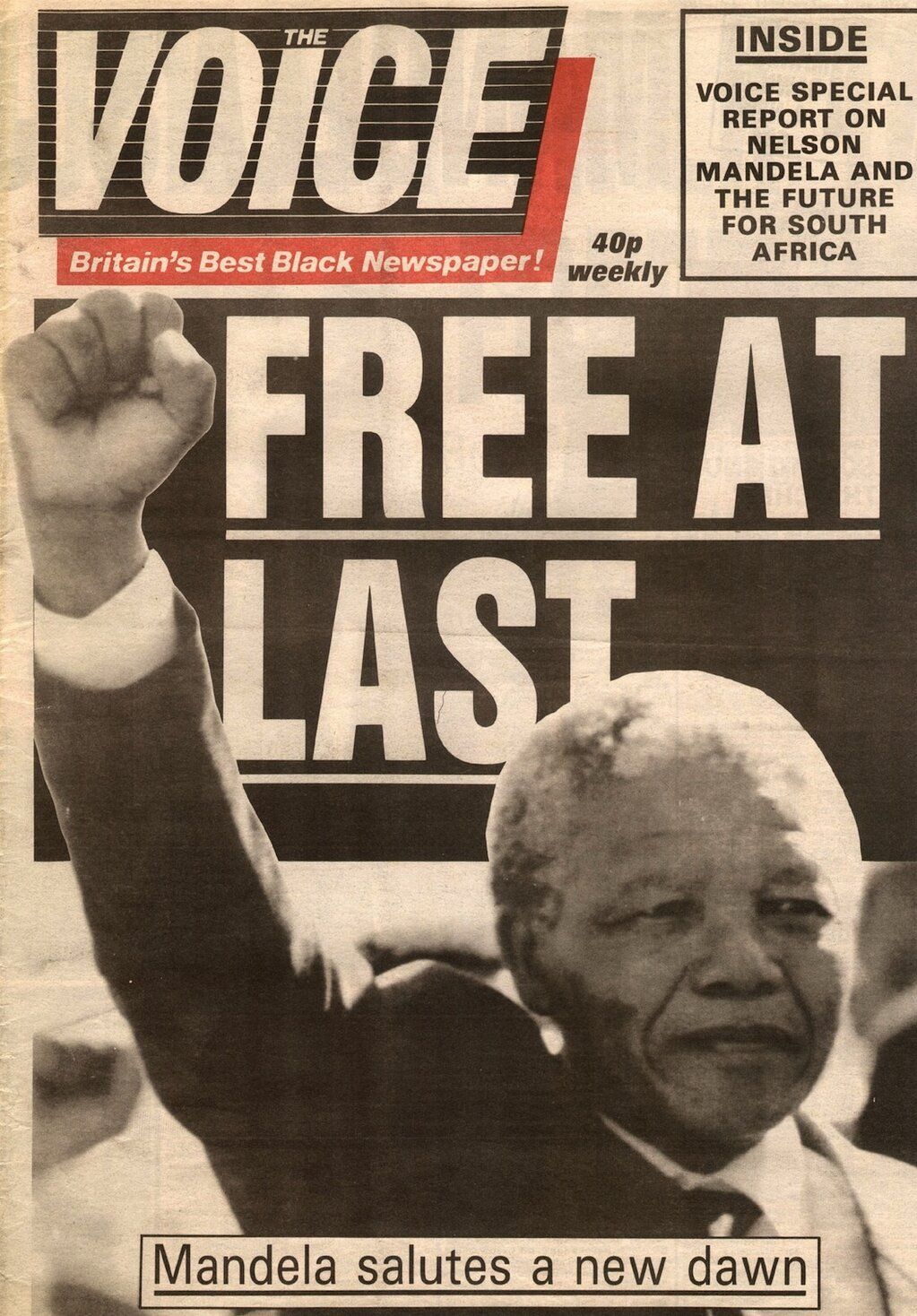
A newspaper article headlining the release of Nelsmon Mandela from prison, after serving 27 years. Courtesy of the British Library
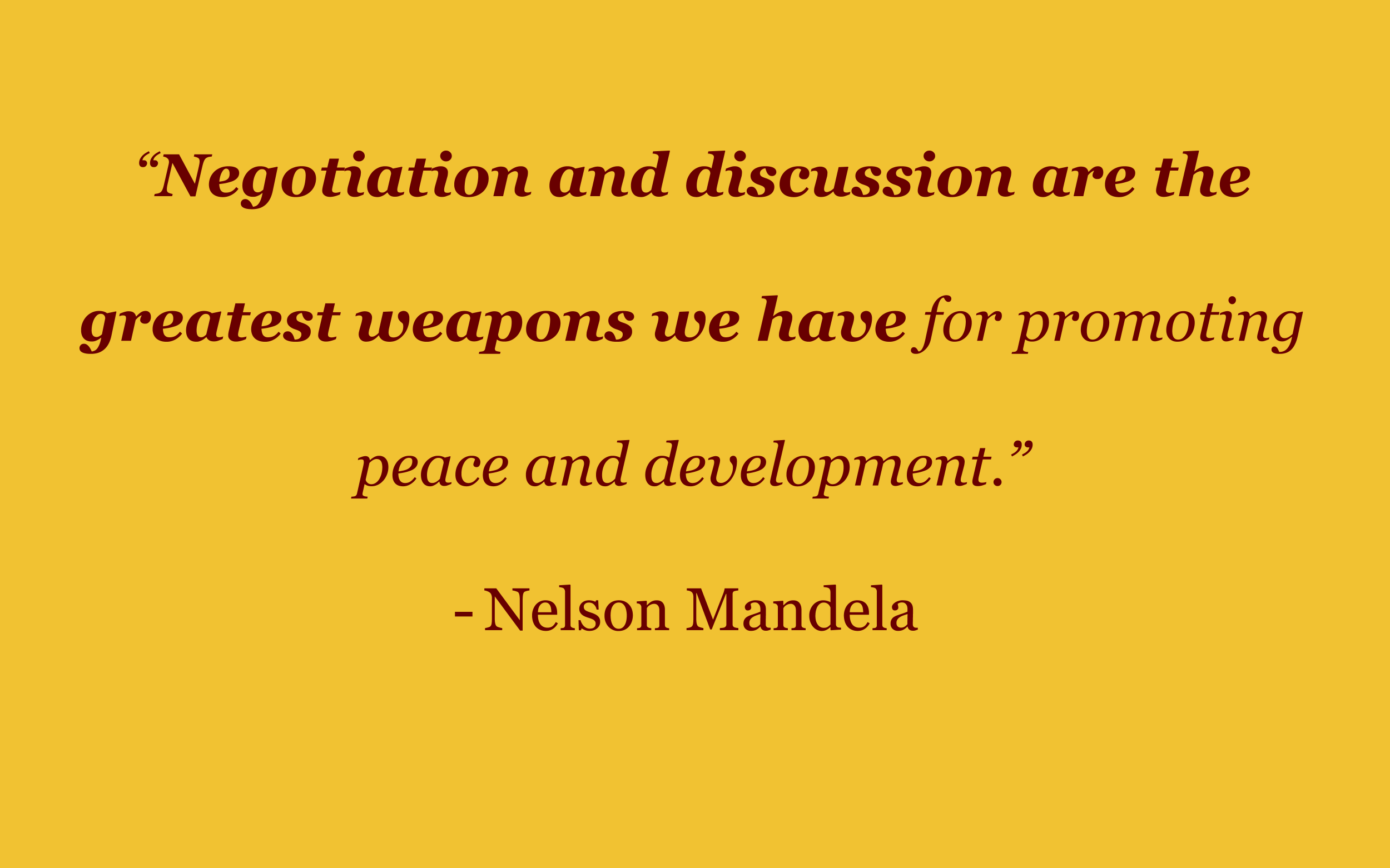
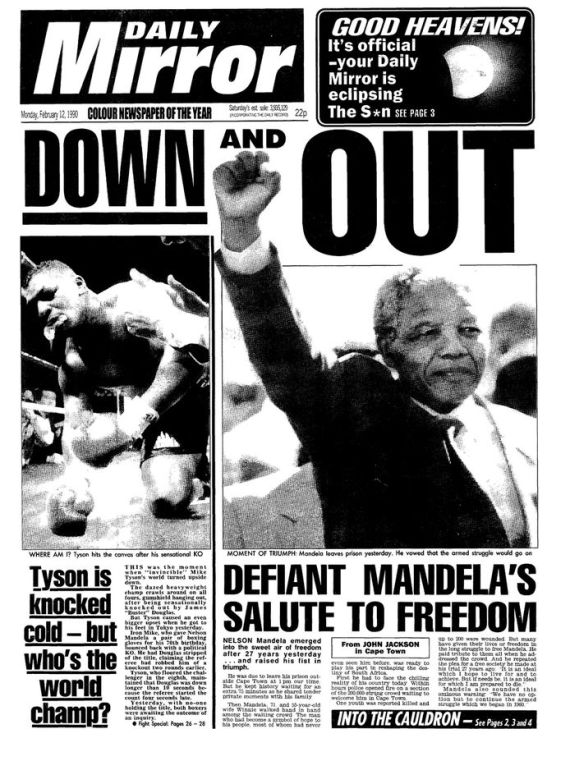
A news paper article headlining the release of Nelsmon Mandela from prison, after serving 27 years. Courtesy of Daily Mirror
In 1996, the Truth and Reconciliation Commission was established with the goal of helping the nation heal from the wounds of Apartheid. The commission, chaired by Tutu, identified victims of wrongdoing and brought them justice. It also encouraged these victims to seek forgiveness and not vengeance.

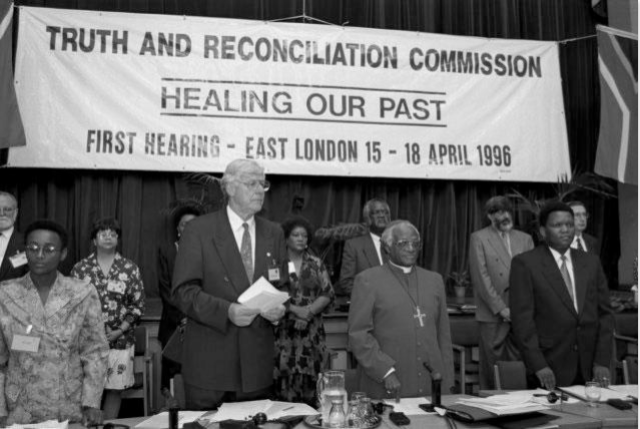
First hearing of South African Truth and Reconciliation Commision. Courtesy of Encyclopedia Britannica
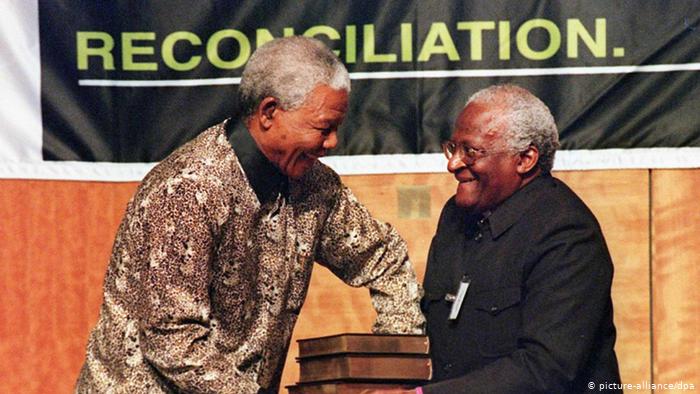
Nelson Mandela and Desmond Tutu at Truth and Reconciliation Meeting. Courtesy of DW News
A video of Desmond Tutu discussing the merits that forgiveness and peaces holds over retribution and revenge. Courtesy of the Desmond Tutu Peace Foundation.